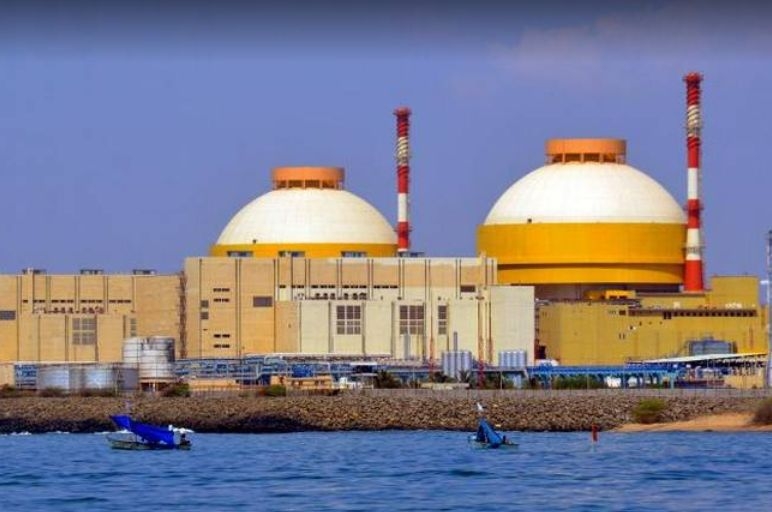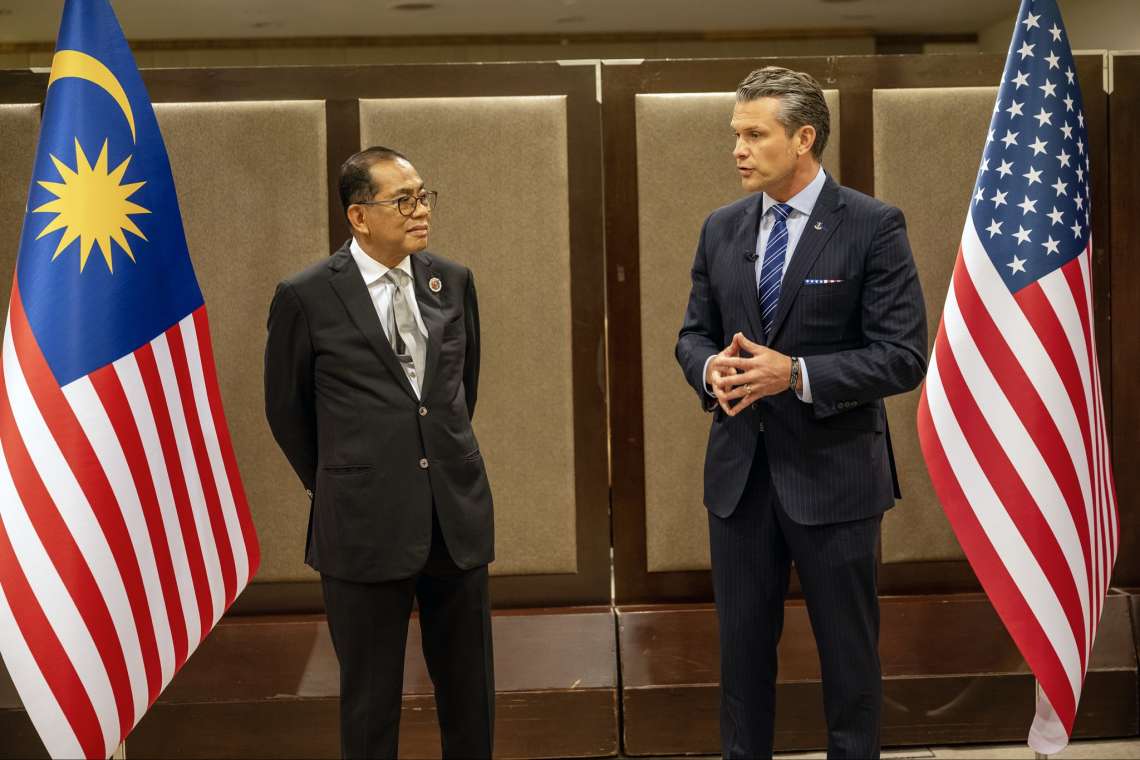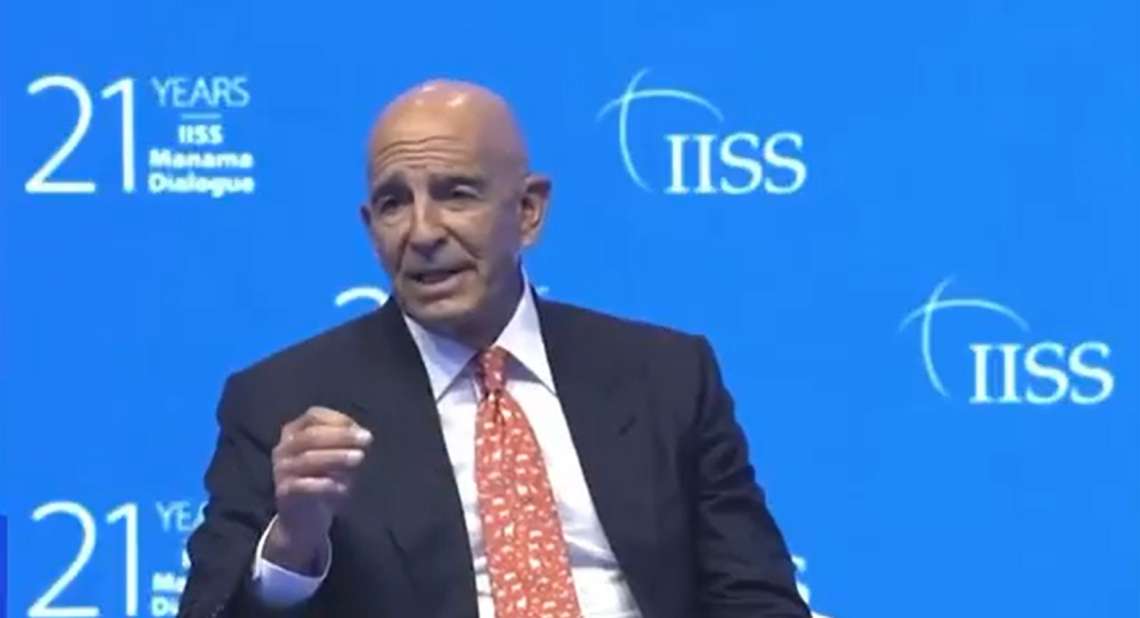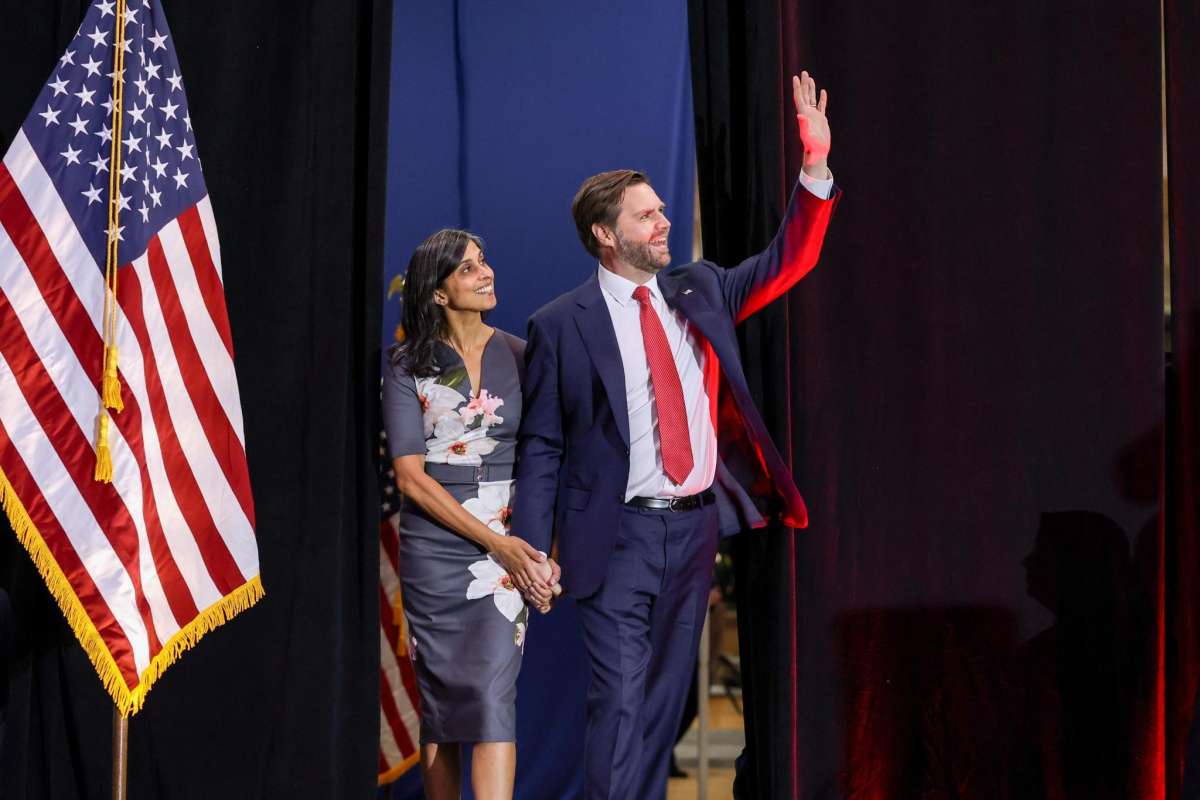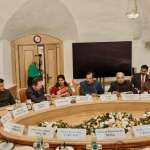Three Indian entities—Indian Rare Earths, Indira Gandhi Atomic Research Centre (IGCAR), and Bhabha Atomic Research Centre (BARC)—were removed from the export control list and added 11 Chinese entities to the list.
The US Department of Commerce’s Bureau of Industry and Security (BIS) added 11 entities to its Entity List, targeting organisations in China for activities “contrary to US national security and foreign policy interests.”
Additionally, BIS removed three Indian entities–Indian Rare Earths, Indira Gandhi Atomic Research Centre (IGCAR), and Bhabha Atomic Research Centre (BARC)–from the Entity List.
The Bureau of Industry and Security in a press release on Wednesday said, “Today, the US Department of Commerce’s Bureau of Industry and Security (BIS) added 11 entities to the Entity List, under the destination of the People’s Republic of China (PRC), for activities contrary to US national security and foreign policy interests. Ten entities were added due to their advancement of the PRC’s military modernisation through the development and integration of advanced artificial intelligence research. One entity was added for its involvement in development of lithography technology for advanced-node fabrication facilities in China. This technology will enable indigenous production in China of advanced integrated circuits for military end-use.”
The US had added these and other Indian organisations to the Entity List after the May 1998 nuclear tests. Nine of them were removed from the Entity List in 2015 during President Barack Obama’s administration.
“Additionally, after an interagency review, BIS also modified one existing entry on the Entity List, under the destination of India, by removing three entities within the entry. The removal of Indian entities Indian Rare Earths, Indira Gandhi Atomic Research Centre (IGCAR), and Bhabha Atomic Research Centre (BARC) will support US foreign policy objectives by reducing barriers to advanced energy cooperation, including joint research and development and science and technology cooperation, towards shared energy security needs and goals. The United States and India share a commitment to advancing peaceful nuclear cooperation and associated research and development activities, with strengthened science and technology cooperation over the past several years that has benefitted both countries and their partner countries around the world,” the release added.

“The removal of Indian entities will enable closer cooperation on resilient critical minerals and clean energy supply chains,” — Matthew Borman, BIS.
“As these actions demonstrate, the Entity List is a powerful tool that can be used to shape behaviour that advances U.S. national security and global cooperation,” said Under Secretary of Commerce for Industry and Security Alan F. Estevez. “With these Entity List additions and removals, we have sent a clear message that there are consequences for supporting the PRC’s military modernization, and alternatively, incentives for working with the US to further shared foreign policy goals and stronger bilateral relationships.”
Principal Deputy Assistant Secretary of Commerce for Export Administration Matthew Borman said, “The removal of the three Indian entities will enable closer cooperation between the United States and India to secure more resilient critical minerals and clean energy supply chains. This action aligns with and supports the overall ambition and strategic direction of the U.S.-India partnership.”
ALSO READ: India Shines at Heimtextil 2025


